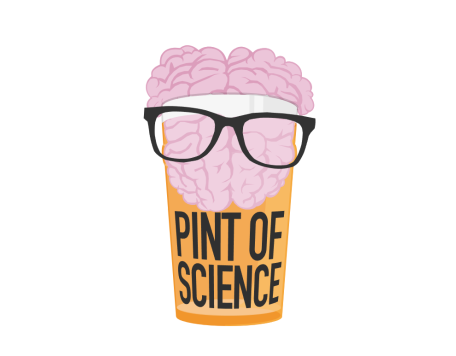© Pint of Science, 2025. All rights reserved.
Delve into a night of surprising science! Journey with us as we explore the hard-to-reach cells that lead to cancer resilience, discover new methods for tracking airborne allergens to improve thunderstorm asthma warnings and uncover the rare phenomenon of menstruation in spiny mice.
The Clone Claw - isolating rare drug resistant cancer cells
Kelsy Prest
(PhD candidate, University of Melbourne)
Relapse after chemotherapy is responsible for 90% of cancer-related deaths. Unfortunately, studying the stubborn cells that survive and cause the cancer to return is difficult because they’re so rare and hard to access. Kelsey focuses on building a new biological "toolbox" like a claw machine, grabbing and isolating these elusive cells. She can now explore how these cells escape treatment, what special features they have, and how they differ from other cancer cells. This research is crucial to understanding why cancer comes back after treatment and could help develop new ways to prevent relapse in the future.
The First Real-Time Sensor for Thunderstorm Asthma
Kira Hughes
(PhD candidate, Deakin University)
Kira is developing a sensor that can detect pollen in less than one hour, which is significantly quicker than current technology. Her work will help researchers learn more about when thunderstorm asthma events unfold and improve our monitoring systems to help save lives.
Monkeys, Mice, and Menses
Dr Jarrod McKenna
(Science communicator, University of Melbourne)
Dr Jarrod McKenna will provide a crash course on what menstruation is, how we study it, and what the future of menstrual research looks like. Spoiler alert... it's small, cute, and furry.
Map data © OpenStreetMap contributors.
Other Stomping Ground events
2025-05-21
Tiny Tech, Big Impact
Stomping Ground
100 GippsSt, Collingwood , Melbourne, Vic 3066, Australia

